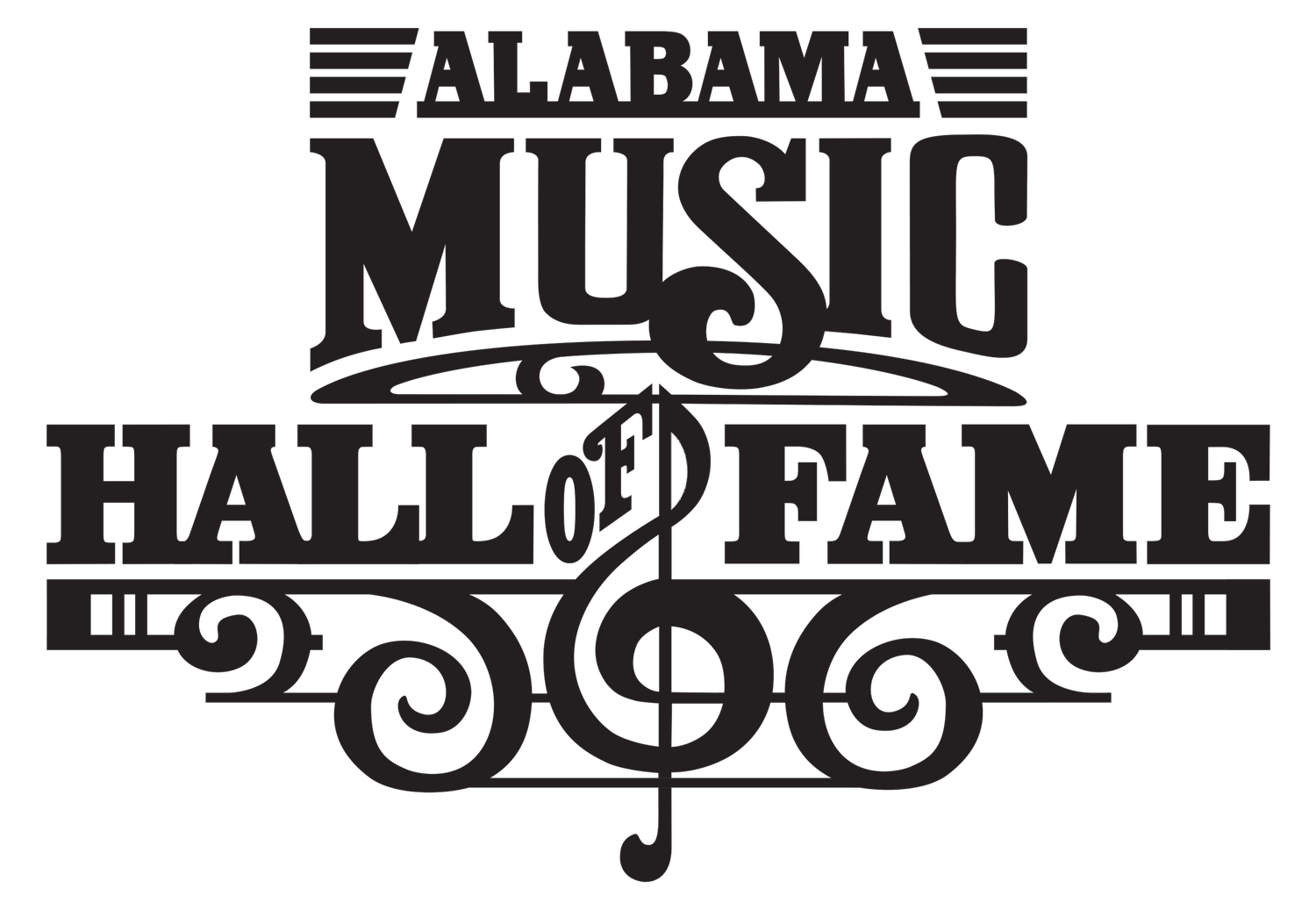John T. “Fess” Whatley
1895 - January 12, 1972
1991 Inductee
In addition to his work as a trumpet player and band leader, John Tuggle “Fess” Whatley became one of the most influential educators in American music during the 1920s and 1930s, when graduates of his music curriculum at Birmingham Industrial High School began to take positions with the many of the leading bands of that day.
Whatley’s teaching philosophy utilized strict discipline in order to instill his students with the ability to read music. As the big band craze spread across the United States in the late 1930s and early 1940s, few black musicians were able to read intricate musical arrangements. Once they graduated from high school and left his music program, Whatley’s former pupils found that the fruits of their hard-earned labors in learning were in high demand.
“He was a brass band man and a hell of a disciplinarian – I’m telling you,” recalled jazz drummer Wilson Driver, who played in Whatley’s Saxo-Society Orchestra in the 1930s. “So he was the one who taught me to read music, because you couldn’t play in his damn band unless you read. When he finally got a chance to organize an orchestra, I was his first drummer, and by then he’d gotten me proficient on mallets and brass. Fess’ men ended up in every major black band in New York except for Cab Calloway’s. When guys would get to New York, they’d say, ‘You from Birmingham? You one of them Fess Whatley men? Yeah? Okay, you can read.’”
Whatley has been described as “a one-man underground railroad” for black musicians who traveled to New York and went to work with Louis Armstrong, Duke Ellington and Billie Holiday. Some of his more famous students included jazz band leader and trumpeter Erskine Hawkins (the composer and originator of the big-band standard “Tuxedo Junction”), jazz bassist Cleveland Eaton (best known for his work with Count Basie and the Ramsey Lewis Trio) and innovative improvisational jazz and “space music” pioneer Sun Ra, plus Sammy Lowe, Herman Grimes, Joseph Britton, Ed Whatley, Murray Harper, Edward Brown, Curley Parrish, William Scott, Walter Blythe, Joe Britton, Joe Guy, Leatha Pearl Lowe, Henry Minnet, J.B. Sims, Herman Robinson, H.O. Thompson and James Lowe.
In addition to teaching, Whatley formed Birmingham’s first Negro Society Dance Orchestra under the name of Fess Whatley and His Jazz Demons. The group played most of the society events throughout the city and hosted a popular series of Musical Extravaganzas.
Whatley became a charter member of the Alabama Jazz Hall of Fame in 1978.


